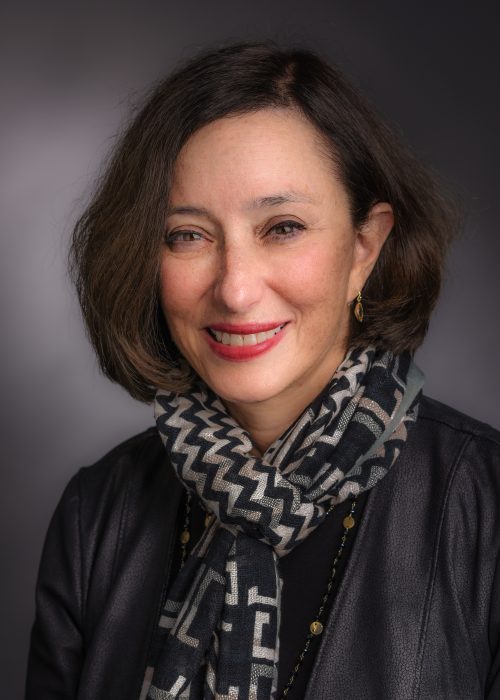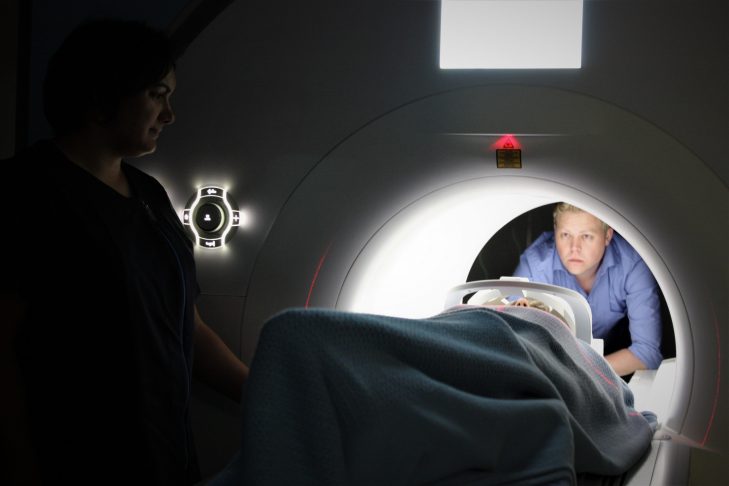First the bad news: One in 40 Ashkenazi Jews carry a BRCA mutation. This mutation is associated with greater risk for ovarian cancer, breast cancer, pancreatic cancer and prostate cancer. In fact, the risk of breast cancer alone is 50 percent. In the general population, the risk is 1 in 400.
These are sobering statistics. The breast cancer lifetime risk is 10 to 12 percent for women without a BRCA mutation. But it’s as high as 80 percent for women with a BRCA mutation. The lifetime risk of ovarian cancer is 1.5 percent for women without a BRCA mutation, but it’s as high as 40 percent for women with a BRCA mutation. Men with BRCA mutations have increased cancer risks, too, including for prostate cancer and male breast cancer.
But knowledge is power. A team of experts in cancer research and genetics have launched an independent research initiative in New York, Los Angeles, Philadelphia and Boston: the BRCA Founder Outreach Study (BFOR).
This initiative will help more people get tested and take preventive steps sooner. If you’re vigilant about your health (like me!) and believe that knowledge is power, look into it: The study offers free BRCA genetic testing at no cost to women and men of Ashkenazi (Eastern European) Jewish ancestry over the age of 25—a group that’s 10 times more likely than the general population to inherit certain kinds of BRCA mutations, according to a release. BFOR screens for ancestral-related (also called “founder”) mutations in BRCA1 or BRCA2 genes through Quest Diagnostics.
BFOR hopes to enroll 4,000 people in its pilot study, with 1,000 participants in each of the four regions that are included in the pilot. A much larger BFOR study should begin later in 2018.
You’ve probably heard about BRCA, even if you haven’t been personally affected. Many people remember Angelina Jolie writing about the steps she took after testing positive, for example.
BRCA isn’t specific to Jews, of course. It’s a gene found in all humans, part of our DNA. Think of mutations in BRCA genes as spelling errors in the genetic code. They can cause the gene to not function properly, increasing the risk for breast, ovarian, prostate and possibly other cancers.
BRCA screening is nothing new, but this new model for genetic testing is revolutionary and makes a stressful process a little bit easier. The study assesses a new model for genetic testing: Built on the LifeLink.com conversational patient engagement platform, the study offers pre-testing counseling and a partnership with primary care providers. Confirm your eligibility and register on your smartphone or computer, complete an online education module, provide informed consent electronically and have your lab test order sent directly to local labs for a DNA sample. Next, your primary care physician or a BFOR cancer genetics specialist provides test results, follow-up genetic counseling and additional genetic testing, if appropriate.

Best of all, intensive screening or risk-reducing surgery for those found to carry a BRCA mutation is covered by most health insurance.
So, do you want to know? You should: As Dr. Judy Garber, a principal investigator for the study, says, up to half of BRCA carriers don’t have a typical family cancer history, so there aren’t warning signs. In fact, an estimated 90 percent of BRCA carriers don’t even know their positive status.
But preventive surgeries, such as removal of the ovaries or a mastectomy, can cut cancer risk dramatically before it takes root. Ovarian cancer is especially insidious, and symptoms often don’t appear until the cancer is advanced. Experts believe that approximately 40 percent of all ovarian cancer in women of Ashkenazi Jewish ancestry may be prevented by BRCA testing and risk-reducing surgery.
Of course, certainty would be nice. Many of us might get cancer anyway. Just the same, a positive or negative BRCA test isn’t your fate; it doesn’t provide 100 percent certainty as to whether you’ll develop cancer. But testing provides people who are BRCA-positive with the knowledge to take steps that can significantly reduce their cancer risks, like earlier and more frequent cancer screening, cancer risk-reducing surgery and risk-reducing medication.
In the era of easy-access genetic tests like 23andMe, it’s tempting to open a can of worms (and then recoil at the results). But in this case, a little bit of knowledge isn’t a dangerous thing. It could save your life.
“Some people think, ‘I want to know everything I can know!’ That’s fine. Most people want to know until they find something. Then they say, ‘Why?’ But for these genes, testing is empowering. These tests actually save lives,” Garber says.
And if you’re truly scared or a hypochondriac (like me)? Take heart: “One in 40 people will test positive. That means 97.5 percent, the vast majority, will test negative,” Garber says.
Learn more about the study here.



